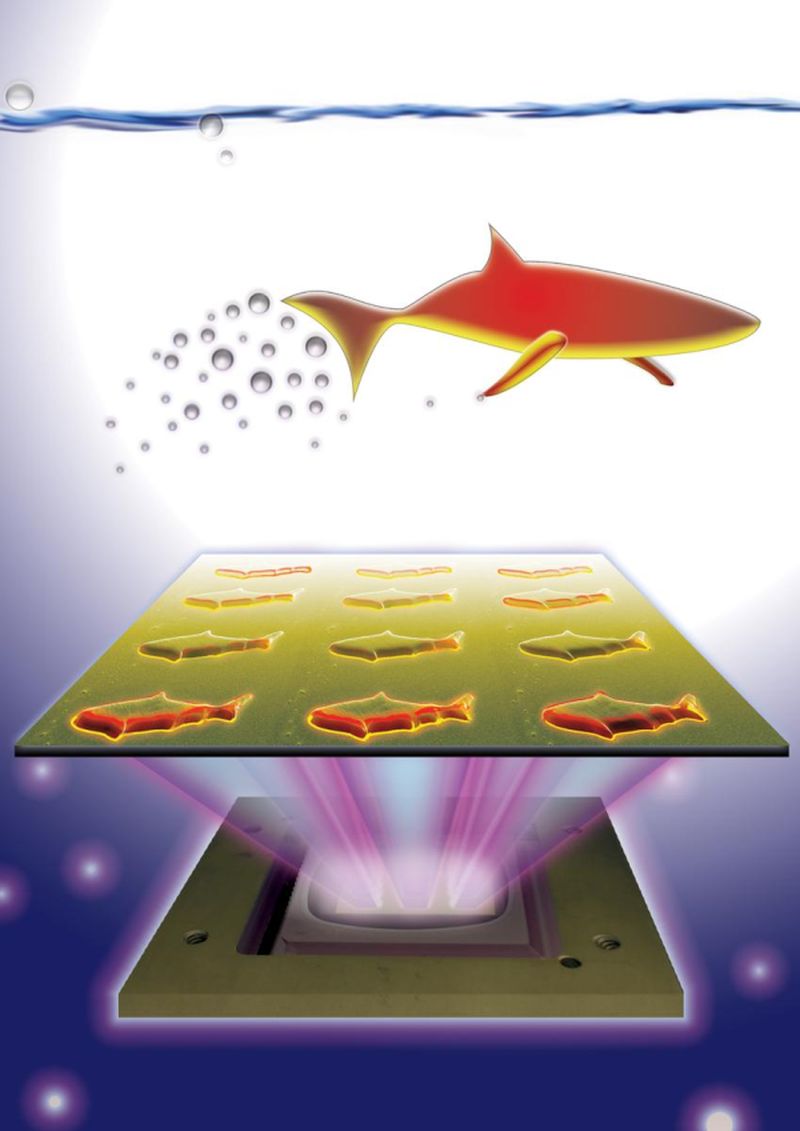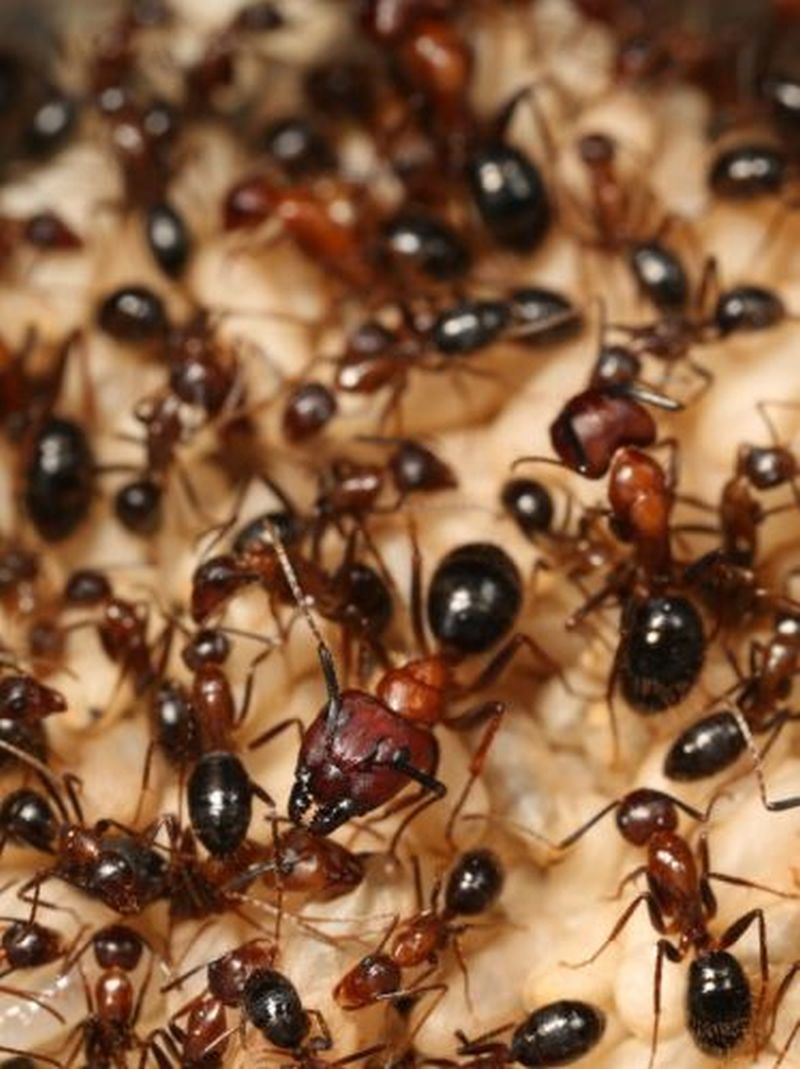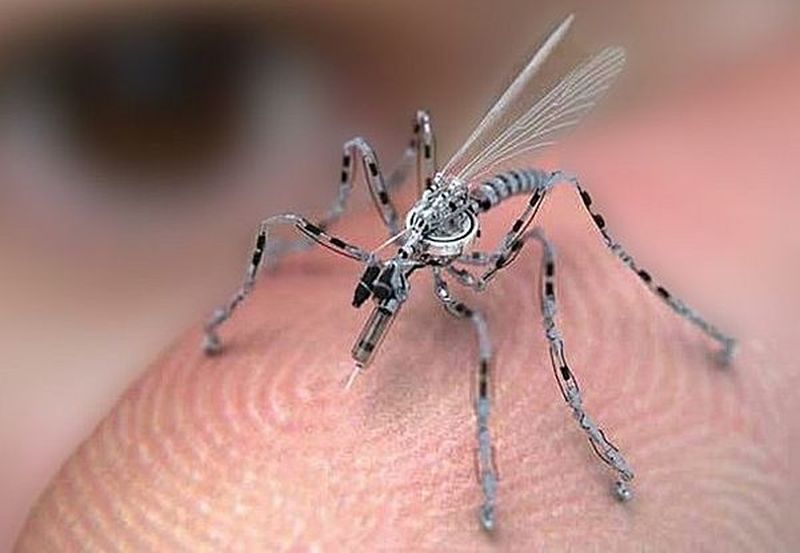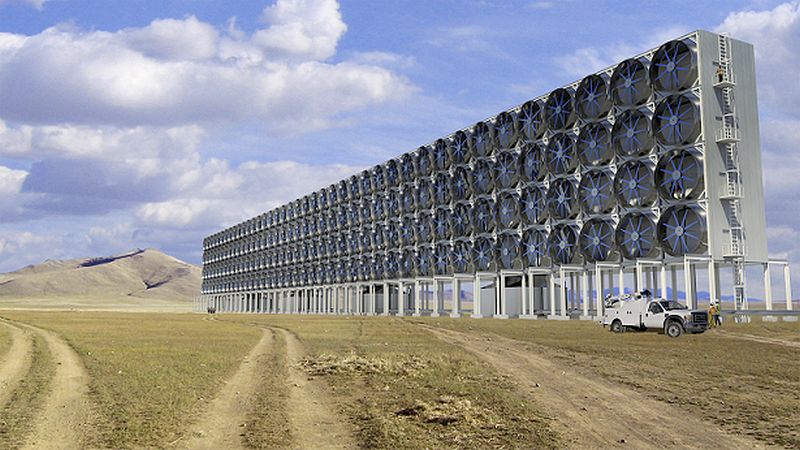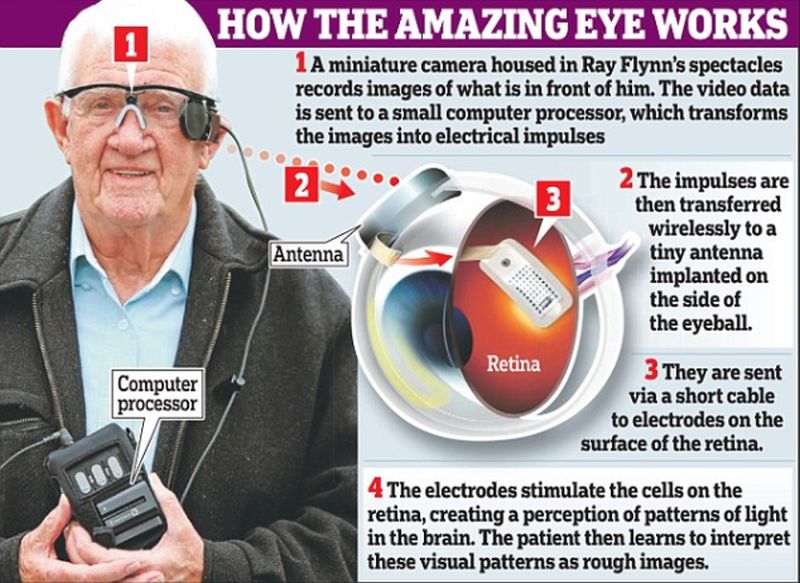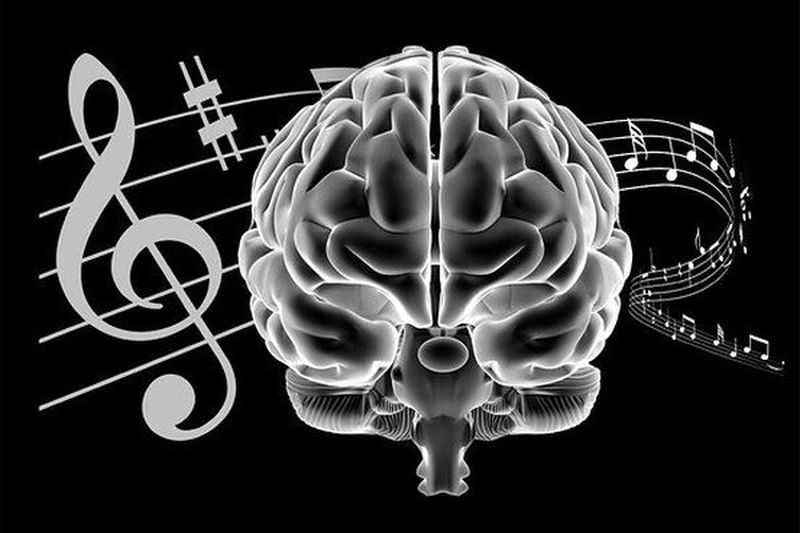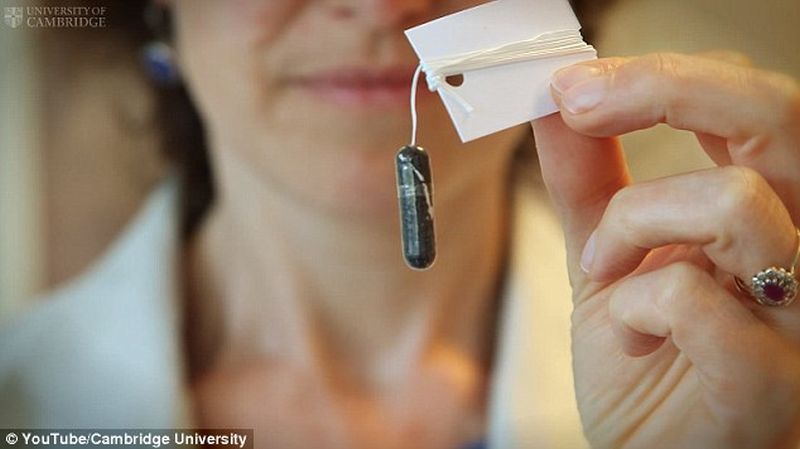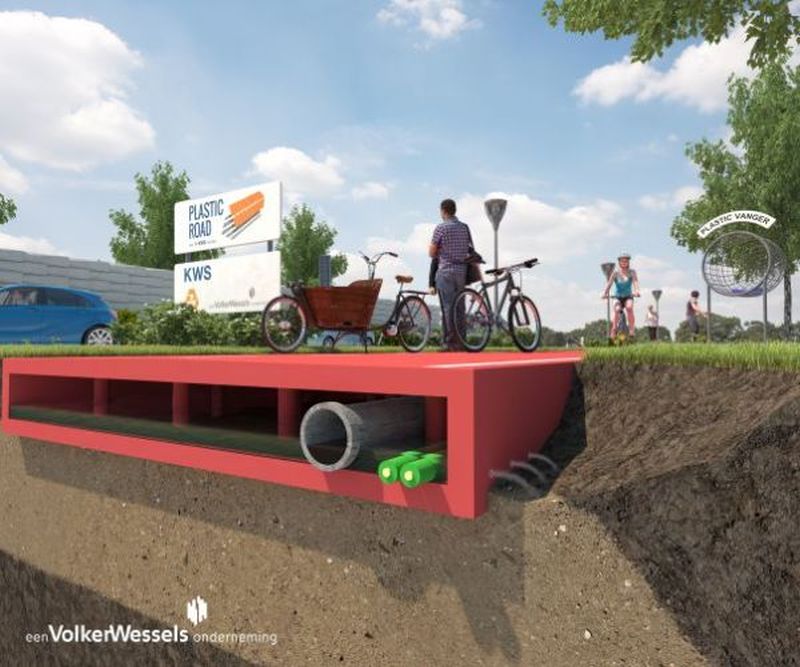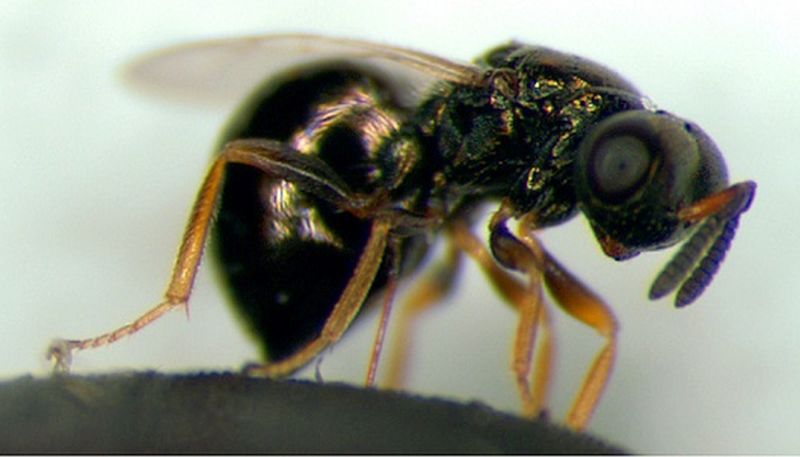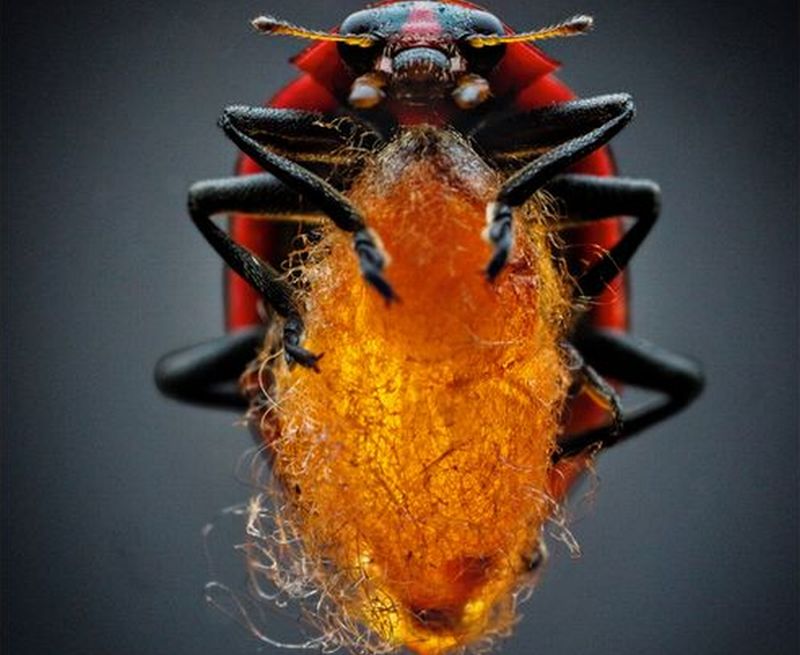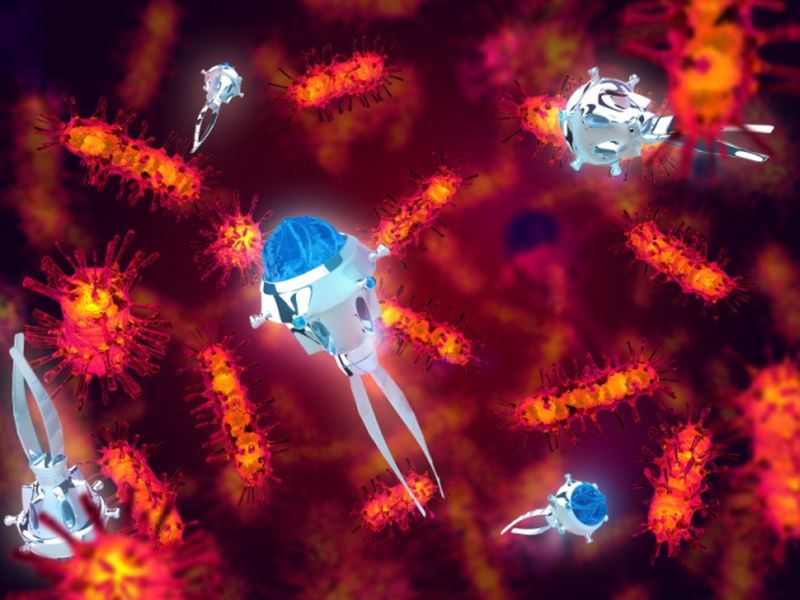Over the years, advancement in technology has helped in harvesting sun’s energy to maximum potential using solar panels. A recent development takes solar technology to the next level, here, the technology will not only help in generating electricity during rainfalls but also when the sky is covered with clouds. Thus, rain and sun both can trigger the innovative solar cell design.
Read MoreAuthor: Neha Shukla
Micro fish to sense toxins & deliver drugs: 3D printed Nanobots
Nanoengineering experts at the University of California, San Diego, using advanced 3D printed technology have designed micro robots, named as micro fish. As the name suggests these tiny robots are fish shaped and can be used for various functions such as detoxification, sensing toxins and in surgeries assisted by micro robots.
Read MoreAdvanced sense of odor helps ants identify individual ants: Nestmate versus Non-nestmate
Scientists studying ants have always wondered how ants living in huge colonies, identify other ants belong to same colony or is an intruder or enemy ant. Researchers from The University of California, Riverside have found an answer to this question. They have found that ants communicate via diverse hydrocarbon chemicals present on the their outer shells (or cuticles).
Read MoreTiny Insect Eye Motion Sensor: Giving Sight to Mini Drones
Based on the vision systems of insects, researchers have created petite artificial eye for autonomous flying drones. This would make drones more practical by helping in smooth navigation, avoiding collision in restricted or cluttered areas.
Read MoreAir Capture Technology to Trap CO2: Carbon Engineering’s Initiative for Green Earth
A Canadian company known as Carbon Engineering (CE) has designed an innovative technology to capture atmospheric carbon dioxide and utilizing the captured carbon dioxide for the generation of ultra low carbon intensity liquid fuels.
Read MoreBionic Eye allows blind man to see again: The Eyeborg
Experts at Manchester Royal Eye Hospital have successfully restored the vision of 80 years old Ray Flynn, through implanting ‘bionic eye’. For the last eight years, Mr Flynn suffered from dry age-related muscular degeneration (AMD). AMD is a condition in which photoreceptor cells in the central region of the retina are damaged leading to loss of central vision. The condition is very common, affecting nearly 5,00,000 people in the UK.
Read MoreMusic Lessons facilitate Neurodevelopment: Enhancing the Teenage Brain
According to a study conducted by Northwestern University, music training may help in enhancing brain’s responses to sound, hone hearing and language skills in teenagers even if it is introduced as late as in high school. The study suggests music lessons helps improving skills that are considered important for academic success.
Read MoreCytosponge Pill can detect Csophageal Cancer at an Early Stage: Cure for Cancer
A research team from the University of Cambridge has found a way for early detection of esophageal cancer, which is also the eighth most common cancer type worldwide. Conspicuous symptoms of the cancer so far can be marked only in the advance stages.
Read MoreGreen Future: PlasticRoads an Alternative to Tar and Asphalt road surfaces
Experts worldwide keep finding new ways to recycle plastic waste. Qualities like lightweight, moisture resistant, flexible and relatively cheap have increased production and consumption of plastic worldwide, but with so many benefits, comes disadvantages. Plastics do not decompose easily and are posing serious threat for the environment. From land to sea, everywhere plastic debris can be seen and is a major concern for the environmentalist.
Read MorePerceptive Perfume eclipses Sweating with strong Odour: Body Odour Solution
No one likes the idea of using perfumes or deodorants to do away sweating as a matter of fact, no one likes to sweat except if one is gyming. However, climate change is making summers unbearably hot every year and making humans to sweat more.
Read MoreWildlife can protect themselves from extinction: Study on Tiny Jewels
With an increase in human population and global warming, many species of flora and fauna around the globe have gone extinct while many others are at the verge of extinction. Researchers are conducting various studies to save critically endangered species through understanding their life cycle and mating behavior and mating them in the lab to increase the population.
Read MoreClimate change catalyzes appearance of Infectious Diseases: War against emerging Epidemic
Rise in the global temperature is going to promote the outbreak of deadly infectious diseases as Ebola and West Nile virus in new hosts and in new areas. Researchers caution humans to anticipate the breakout of new illnesses, in near future due to rapid changes in the climate that forces habitats to shift and thus bringing pathogens in contact with livestock, crops, humans and wildlife.
Read MoreParasitic Wasp stings Virus to control Ladybug’s Mind: Bio-Weapon turns them into Zombie
Life of animals, either big or small is not easy. Those with the most advanced skill can only survive in the nature. Our nature is full of such examples where for the survival, some animals resolves to take up sexual cannibalism while other uses virus to control the mind of their host organism. Such animals that derive benefits at the expense of other animals are termed as parasites.
Read MoreRobots to Run Futuristic Japanese Hotel: Kokoro’s Actroids
A hotel run by humanoid robots is no more a far fetched dream, especially from a country that is famous for robotics and technological innovation, Japan. The Henn-na Hotel located in Nagasaki plans to recruit 10 humanoid robot also named as actroid androids. These lifelike bots would greet the guests with a smile and would assist the guests by carrying their baggage, prepare coffee and even clean their rooms. Actroid, woman robot of Japanese descent Kokoro is the robotics company that is developing theses actroid robots since 2003 that looks…
Read MoreNanoparticle Compound delivered directly into the Gut Tissue: Self-propelling Nanobots
Experts believe that micromachines or nanobots use in the field of medicine can change the way some of the medical conditions are diagnosed and treated. Using these nanobots, medical payload would be sent directly to the specific injury site. Until now the researchers have achieved to test such micromachines in cell samples under laboratory conditions.
Read More

